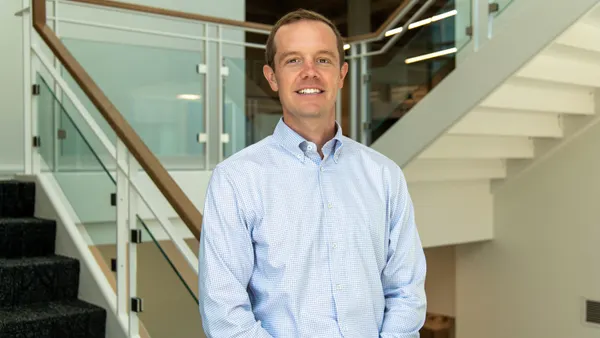This article is third in a series looking at the effect of the Great Resignation on the multifamliy sector.
Spurred by the COVID-19 pandemic — and lots of time to reflect — employees are seeking a work-life balance that supports both their personal and professional needs. What’s more, they expect their employers to play an active part in helping them achieve that, according to Mercer’s Global Talent Trends 2022 report.
“We talk about the Great Resignation, but I think a big part of that is the Great Introspection,” said Jen Piccotti, chief learning officer for Augusta, Georgia-based Swift Bunny, which provides employee engagement and retention consulting for the multifamily industry. “People are asking themselves, ‘What is it that I want? What is it I care about? What do I want my day-to-day world to look and feel like?’”
The pandemic gave many people the luxury of time to examine their lives and ask existential questions they’d never stopped to consider before, said Rob Dubin, who spent 17 years studying happiness while sailing around the world. Now based in Salida, Colorado, he offers corporate workshops teaching employees how to be happy.
“People asked, ‘Why am I not happy?’ They realized they did what they were supposed to do — got a job, met a partner, got raises — and they’re still not happy,” he said. “That really is a paradigm shift, and we’re not going back.”
This is all foreign territory for human resource departments struggling to deal with the new reality, and commercial real-estate companies are scrambling to respond to these demands with programs designed to help employees manage burnout and become more resilient, Daniel Cunningham, cofounder of Dallas-based apartment workflow platform Leonardo247, wrote in Forbes.
A big part of corporate HR teams’ problem, Dubin said, is that they’re using old, ineffective strategies to understand employees. They’re often misled by employee surveys that ask only about pay and benefits, he added.
“These are focusing only on what makes people happy at work. More compensation or kombucha on tap probably won’t end the resignation problem.”
Dubin’s workshops focus on teaching people how to be happy in every aspect of their lives because he believes happiness breeds resilience, and resilience is an antidote to burnout.
“If you’re miserable, a jerk of a boss can be enough of a straw to break the camel’s back,” he said. “But if you had a great morning with your kid and have a great life at home and you’re going to play tennis this afternoon, you can take your boss being a jerk in stride. You have more resilience because you have other great parts of your life to draw on.”
Humanity at work
Levi Kelman is seeing less turnover at his company than many of his colleagues, and his retention strategy is focused on giving employees a sense of purpose. He believes workers grow unhappy when they don’t find meaning in their work — a syndrome that became especially prevalent as more people started assessing their lives and how they spend their time during the pandemic.

“You can have a job where you punch a clock, or you can have a job where you feel there’s meaningfulness — where you’re making a difference and feel like you’re part of something larger than yourself,” said Kelman, founder and CEO of Paterson, New Jersey-based property management and development firm Blue Onyx Cos. “It’s important to me to incorporate that into the culture of the organization. Otherwise, there’s a disconnect between leadership and the rank and file.”
As part of Blue Onyx Cos.’ investment in its teams and corporate environment, a culture committee arranges for corporate employees to gather once a month “to do something together during work hours that isn’t work” — everything from assembling Passove charcuterie boards to painting Easter eggs, Kelman explained.
Nurturing employee happiness also means being flexible and always trying to say yes when someone asks to work from home or needs time off to spend time with their kids, he said. Kelman also encourages employees to take Fridays off before long weekends.
“They come back super charged and refreshed,” he said. “That provides a lot of satisfaction and maybe happiness. They know they’re in an environment where they’re cared for, and that’s huge.”
In the end, Kelman said, it’s all about listening to employees’ needs and doing as much as possible to make their lives easier.
“Treat them like another human,” he said. “Engage with them and let them know they’re important. Everyone wants to feel like they belong.”









